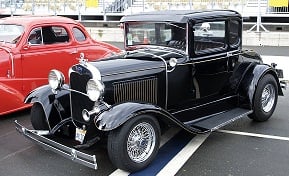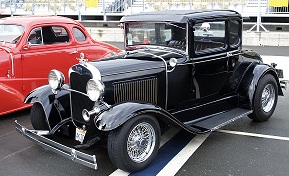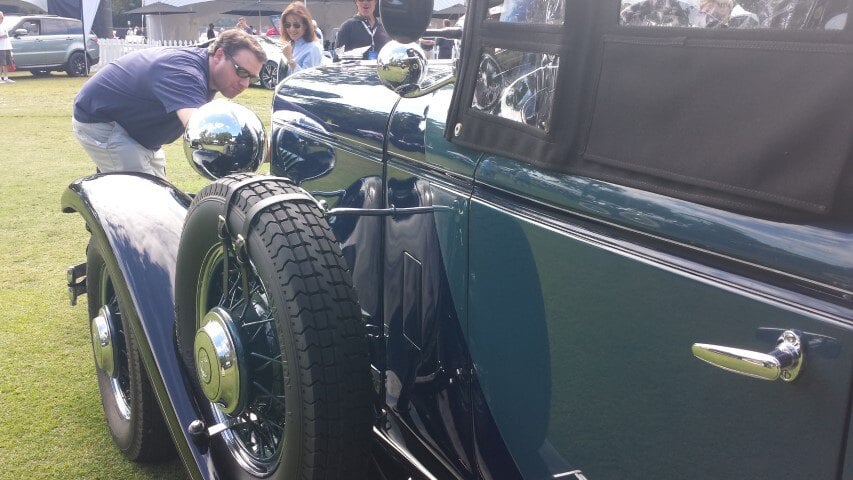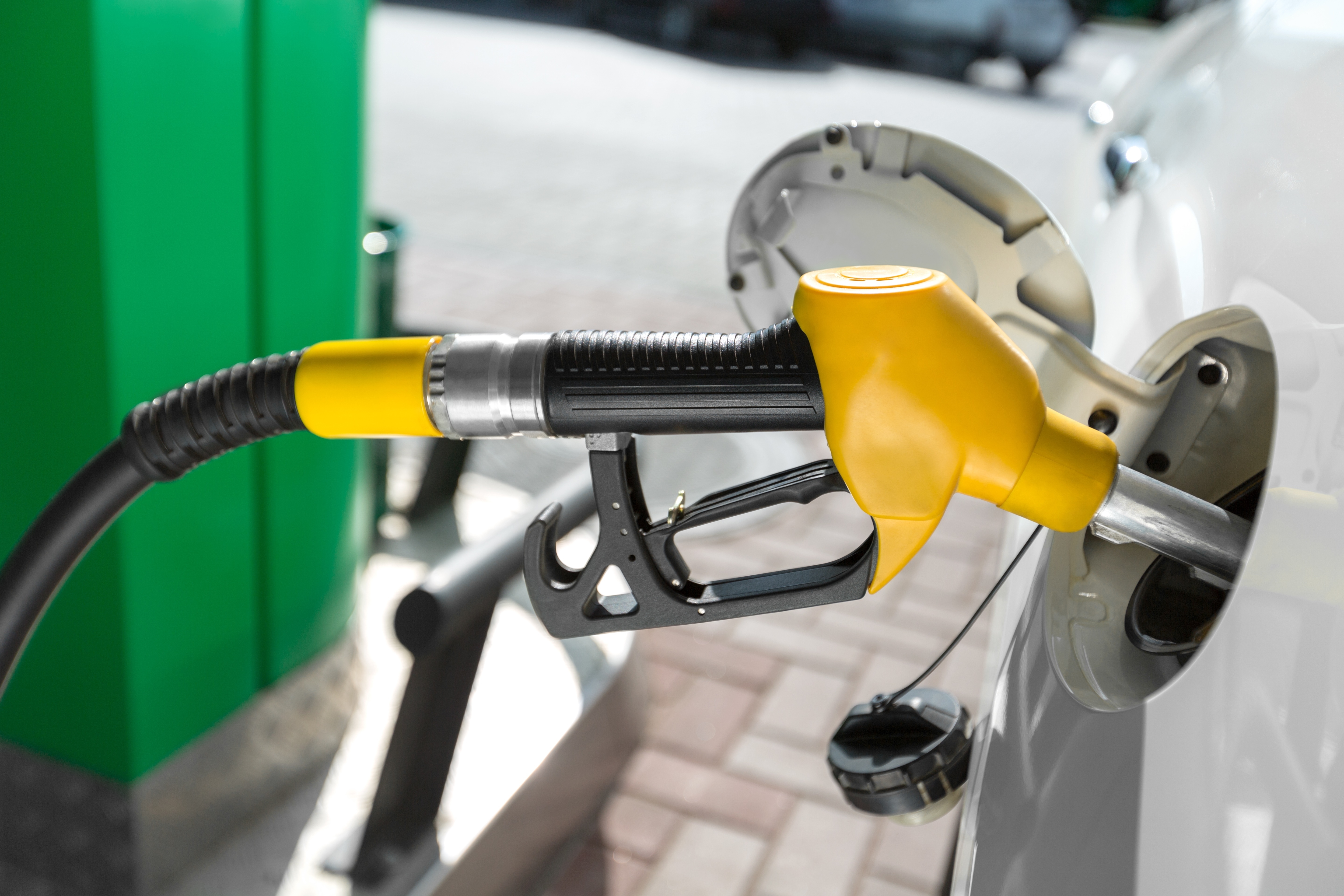Fuel Problems Most Classic Car Owners Face
Classic car owners love their vintage cars. Most owners know their engines inside and out - fuel tank, fuel line, carburetor, spark plugs, ignition.
1 min read
Erik Bjornstad : Dec 3 2012

We know that many of our readers are classic or antique car owners, or simply interested in extending the life of their cars, so we wanted to share this article we recently contributed to the Antique Automobile Club of America.
 Older vehicles made before 2004 do not have fuel system components that can stand up to the highly corrosive effects of ethanol-blended gasoline. As ethanol has infiltrated the nation's fuel supply, more and more people are witnessing firsthand how ethanol dissolves rubber and plastic parts over time and draws water into the fuel. Beyond this, ethanol reduces gas mileage (it has less energy than gasoline does). Depending on what state you're in (like Oregon), it may actually be illegal to buy ethanol-free gas at the filling station.
Older vehicles made before 2004 do not have fuel system components that can stand up to the highly corrosive effects of ethanol-blended gasoline. As ethanol has infiltrated the nation's fuel supply, more and more people are witnessing firsthand how ethanol dissolves rubber and plastic parts over time and draws water into the fuel. Beyond this, ethanol reduces gas mileage (it has less energy than gasoline does). Depending on what state you're in (like Oregon), it may actually be illegal to buy ethanol-free gas at the filling station.
Fact 1: Ethanol is an alcohol added to gasoline by federal law, which is costing Americans more of their money this year than ever before. A recent study performed by the US Automakers warn drivers that additional Ethanol added to our fuel could cost them $4,000 in repairs on each vehicle they drive.
Fact 2: You get lower mileage on ethanol-blended gasoline than regular gasoline because ethanol has less energy in it. E10 users already see a 3 - 5% drop in fuel economy. With E15 being pushed out nationwide within the next year, you can expect an even larger drop in fuel economy from this blend.
Fact 3: Ethanol attracts moisture from the air, which destroys the quality of the gasoline and strips away a good amount of the octane rating of that fuel due to phase separation. You end up with a layer of poor quality gasoline and a layer of water and ethanol in the bottom of your fuel tank that can damage your engine if it's sucked up into the combustion chamber by your fuel line.
Fact 4: Ethanol is corrosive to rubber, plastic and even some metals like aluminum. Over time, this process can destroy seals, gaskets, fuel lines and other key components of your engine costing you breakdowns and extra repair costs.
Fact 5: You can protect yourself from the damaging effects of ethanol with Ethanol Defense.
Click here to read more posts about ethanol and how it may damage your vehicle and what you can do about it.
Classic car owners love their vintage cars. Most owners know their engines inside and out - fuel tank, fuel line, carburetor, spark plugs, ignition.

If you loved one machine, it would be your classic car. Unfortunately, running vintage cars on contemporary gasoline containing ethanol can create...

Ethanol is a fact of life now, with 10% ethanol blends being commonplace for a number of years. 15% ethanol has passed all of the approval stages and...